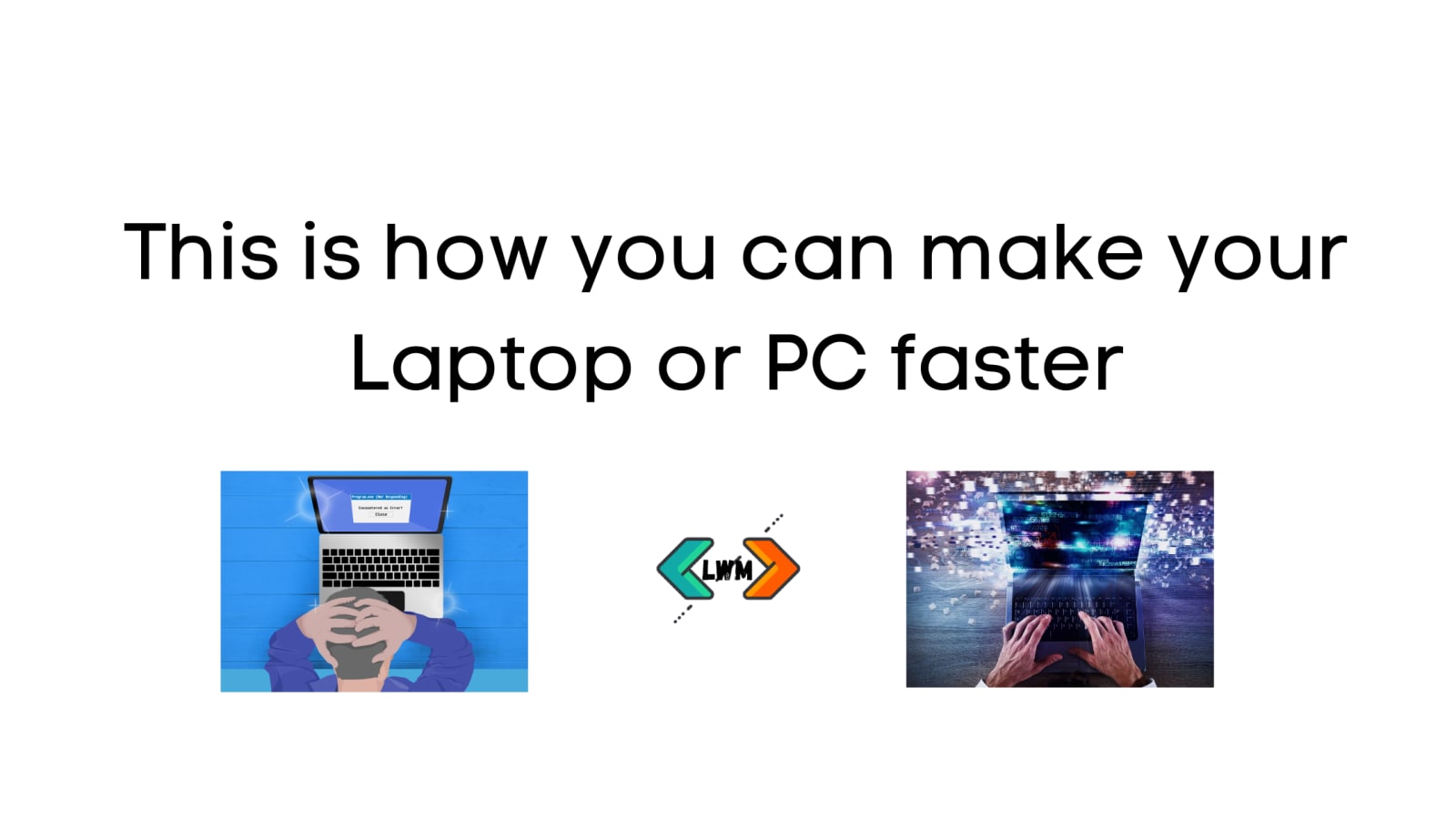
Disabling visual effects is one of the easiest ways to increase your laptop’s speed. This can also free up operating memory and reduce the size of your hard drive. Another great way to increase your laptop’s speed is to delete unused files and shut down your computer when it’s not in use. Regardless of the cause, these simple tips will increase the speed of your laptop and make it more responsive. Read on to learn how.
Disable visual effects
If your laptop is experiencing sluggish performance, you may want to disable visual effects on it. Disabling visual effects can increase your laptop’s speed by as much as 20%. To do this, go to the Start button and click on Settings. Then, click on the Performance tab. Now, choose the Disable visual effects option. This will enable the system to process less data on its GPU.
Using Windows 11? Then, you’ll probably be able to improve performance by disabling visual effects. The Windows operating system has many animation effects that make it look more pleasant, but they also consume system resources. You can turn off these effects in the Performance Options panel in the Control Panel. This will prevent Windows from loading animations whenever you open the browser or click a file. However, it’s important to note that you will have to disable mouse shadows if you wish to do this.
Add more RAM
If you’re looking for ways to make your laptop faster, adding more RAM may be the solution. However, there are some things to keep in mind. First of all, don’t add more RAM to your PC if it doesn’t already have enough. RAM is built into most computers and can be purchased in different types, and not all computers can support multiple RAM modules. Adding more RAM can increase the overall system speed and reduce random hiccups.
In addition to boosting performance, adding more RAM can also increase battery life and improve overall efficiency. Laptops with more RAM will run much faster when compared to those with lower memory. It will take longer to boot up if the RAM is low and can make simple tasks more difficult to complete. Additionally, upgrading memory can also help you avoid problems with startup time, allowing you to work more efficiently while on the go.
Delete unused files
If you’d like to make your laptop faster, it’s best to delete any unused files and resources from it. You can identify these files with a file scanner program, which can identify unused documents and data on your laptop. These unused files and resources include cookies and temporary files. Removing them will speed up your PC. You may also want to consider purchasing an additional hard disk for your laptop.
Using a disk cleaner can free up space on your hard drive by removing unused files. It’s important to empty your Recycle Bin regularly and to delete any temporary files. Discarding useless files can also speed up your computer by reducing the number of search and run times. To remove these files, open a explorer window and choose the “Trash” folder. Click on “Trash” and remove the files and folders that you no longer need.
Shut down your computer when not in use
There are two types of people when it comes to shutting down their computers: those who do it daily, and those who do not. If you’re the latter, read on to discover the most important tips to make your laptop faster. If you do not shut down your computer when not in use, you will be ruining the battery life of your laptop. Using the power-saving features in the Windows power manager can help you save up to 25% on your monthly electric bill.
One of the easiest ways to make your laptop faster is to shut it down when you’re not using it. Most computers are set to receive notifications and this can be a distraction when you’re trying to focus on something else. Shutting down your computer can also help reduce noise, which can interfere with your work. You can choose to shut down your laptop whenever you’re finished, or set it to go into hibernate mode.
Defragment your hard drive
Defragging your hard drive is a maintenance task that will help your computer run faster. The files on your hard disk are not stacked neatly one next to the other, but instead spread out over blocks on the hard drive platter. When a file is deleted, empty blocks are left between the two, which increases the amount of work for your hard drive. Defragging allows you to re-organize these files, making them easier to find and access.
Defragging is a great way to free up disk space. As files accumulate on the hard drive, they get thrown around. These files can take longer to read, and they can take up more space than is necessary. Defragging helps re-organize these files to free up more space. It can increase your laptop’s speed by as much as 20 percent. However, it is important to remember that defragging a hard drive is not recommended for everyone.

